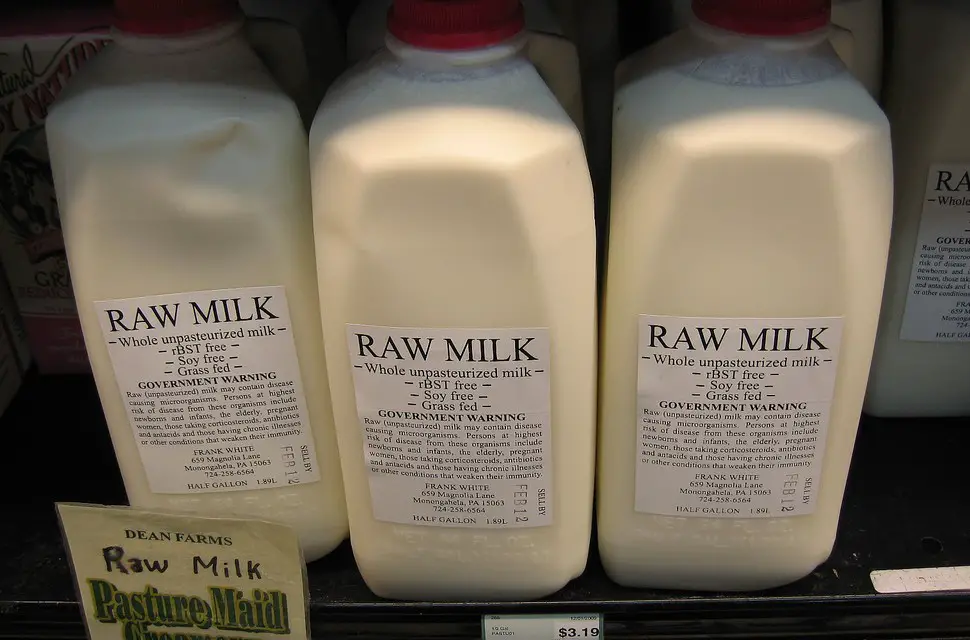Start by reading here, here and here...
Basic Equipment:
1) Large stainless steel pot to make the sweet tea (size appropriately for the culturing container)
2) Large glass container for culturing your Kombucha... avoid metal and glass due to interactions with the acidic Kombucha culture. Ceramic and high quality stainless steel (18/8 or similar) are ok, but I like to see the culture as it develops! The best glass containers are wide mouth (better air flow) jars with a good lip (for pouring and to hold the cloth on the top w/ a rubber band). I looked around for a long time for the perfect jar (and most economical), the two best are below (1 gallon and 2 gallon, I personally use the 2 gal.):
3) Glass bottles for your Kombucha after it's done culturing... I use clear all glass 1 Liter jars from Weck to store my extra SCOBYs. To store the Kombucha I use 16 oz brown glass flip-cap bottles that work perfectly and produce a naturally carbonated brew:
- 16 oz Brown Flip-Cap Glass Bottles
- 1/4 cup Cane Sugar, preferably Organic (Not brown sugar, molasses impedes fermentation)
- 1/2 tablespoon Black Tea, Organic (Numi Organic Chinese Black Tea)
- 1/2 tablespoon Green Tea, Organic (Numi Organic Gunpowder Green Tea)
- 1 quart non-chlorinated/fluoridated water (RO system?)
- 1 Kombucha Culture (SCOBI), and 1/4 cup starter Kombucha (Organic ACV works as well)
- Pour 4 quarts of water into the steel pot, bring to a boil and shut off heat. Add the sugar and tea, stir occasionally and steep for about 5 minutes. Remove the tea leaves with a slotted spoon (don't worry about a few stragglers) or strainer and let your sweet tea brew cool over several hours.
- Once you can touch the pot without burning yourself, pour the sweet tea mixture through a metal sieve into the 2 gallon jar. Add the remaining 2 quarts cold water to bring the mixture to near room temperature. If it's still a little warm, wait until it's barely warm to the touch and then add the Kombucha SCOBI and pour the starter Kombucha on top (in my case, 1.5 cups). It's important that the starter Kombucha be added last to protect the top from unwanted bacteria contamination.
- Cover the jar with a close knit kitchen towel (chese cloth works well) and fasten to the top with a rubber band.
- Leave the Kombucha culture for 7-14 days in a warm area protected from direct sunlight... I like to put mine in my cupboard.
- After 7-14 days, stick a straw in the Kombucha culture and taste it... if it's tart you should be good to go. If it's still sweet, leave it for a few more days... it really varies on room temp (colder temps result in longer brew times). I've left a culture fermenting up to a month before and enjoy a stronger brew... Ultimately, ferment it to your taste!
- Once the Kombucha is done, pour it out into the bottles or jars and age it in the bottles/jars at room temperature for 5 days, then move them to the fridge (this builds up carbonation, so if you prefer it flat just put the bottles/jars directly into the refrigerator).
Basic Ingredients:
Ingredients for 1 quart, multiply amounts proportionally to get gallons (4 qt. = 1 gal.)
Basic Directions:
I make 1.5 gallons in my 2 gallon jar... these are the steps I take:
You're Done!!! Enjoy your fresh Kombucha!
*Update: (1/29/2013)*
- After making my 2 gallon batches for a while, I decided to upgrade to a 5 gallon batch process to save time overall... it takes a little longer to make a full batch, but I only have to go through the process about once every few months! Of course, this only works if you either drink a lot of Kombucha, or you don't mind a strong brew (result of long brew times)... I'm more of the latter, so letting the Kombucha ferment for a month or two is actually preferable (almost no sugar). If you're interested in trying it out, here are the links to the 5 gallon glass barrel and larger 1 Liter Amber bottles I've been using to bottle the second ferment.


